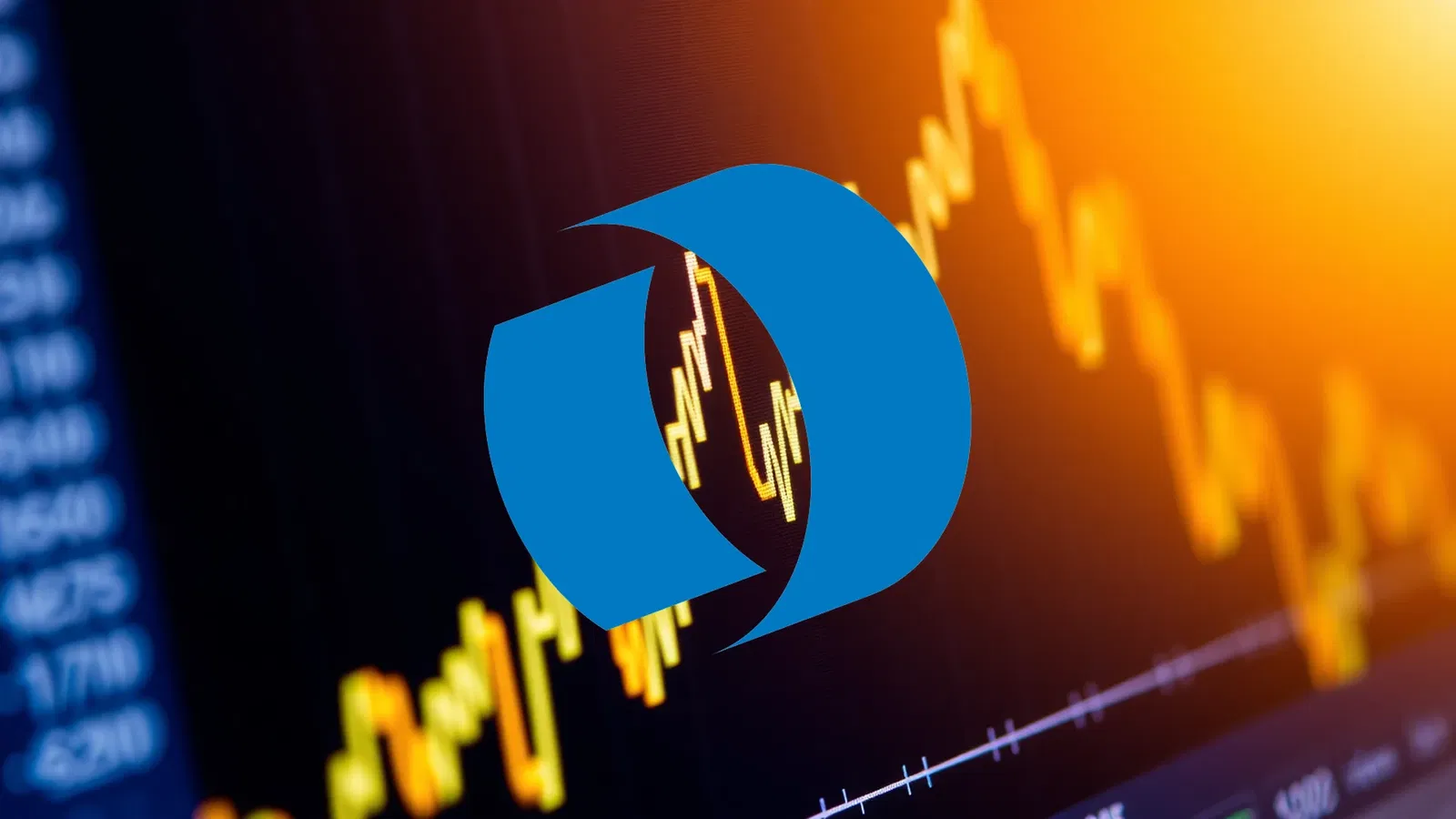A significant legal victory has removed the persistent regulatory cloud that has shadowed Meta Platforms, Inc., providing substantial relief for the company and its stakeholders. The decision effectively ends the prolonged antitrust challenge concerning its acquisitions of Instagram and WhatsApp.
Legal Hurdle Cleared
A United States district court has dismissed the Federal Trade Commission’s long-running antitrust lawsuit against the social media conglomerate. Judge James Boasberg ruled that Meta does not hold a monopoly position in the social networking sector, delivering a decisive win for the company’s corporate structure.
The court’s reasoning highlighted the vigorous competition within the digital landscape, specifically noting the formidable market presence established by platforms such as TikTok and YouTube. This competitive environment, the judge determined, undermines the regulatory argument that Meta’s past acquisitions were anti-competitive. Consequently, the prolonged uncertainty regarding a potential forced corporate breakup—a major concern for investors—has been effectively eliminated.
Market Responds Positively
This favorable legal development arrived at a critical moment for Meta’s stock performance. Following a difficult month that saw shares decline by more than 18 percent, the stock found stability, closing at €516.00 with a gain of 0.98 percent as the week concluded. The judicial clearance appears to have established a firmer foundation for the equity by removing the overhang of a radical corporate restructuring.
Should investors sell immediately? Or is it worth buying Meta?
Powering the AI Ambition
Beyond the courtroom, Meta is aggressively advancing its next strategic frontier. The company is making a strategic push into power trading to secure the enormous energy requirements of its data centers. This initiative is crucial for training the next generation of its Llama AI models and is designed to proactively circumvent potential constraints within public electricity grids.
This move toward vertical integration underscores the company’s commitment to maintaining momentum in its artificial intelligence initiatives. The underlying strategy is evident: prevent hardware limitations or energy shortages from impeding the growth of its software and AI development.
With the breakup threat now resolved, management can redirect its full attention toward core operations and ambitious AI projects without the distraction of existential corporate challenges. For investors, this translates into a reduced political and regulatory risk profile and a sharper focus on the company’s fundamental operational performance.
Ad
Meta Stock: Buy or Sell?! New Meta Analysis from February 7 delivers the answer:
The latest Meta figures speak for themselves: Urgent action needed for Meta investors. Is it worth buying or should you sell? Find out what to do now in the current free analysis from February 7.
Meta: Buy or sell? Read more here...










